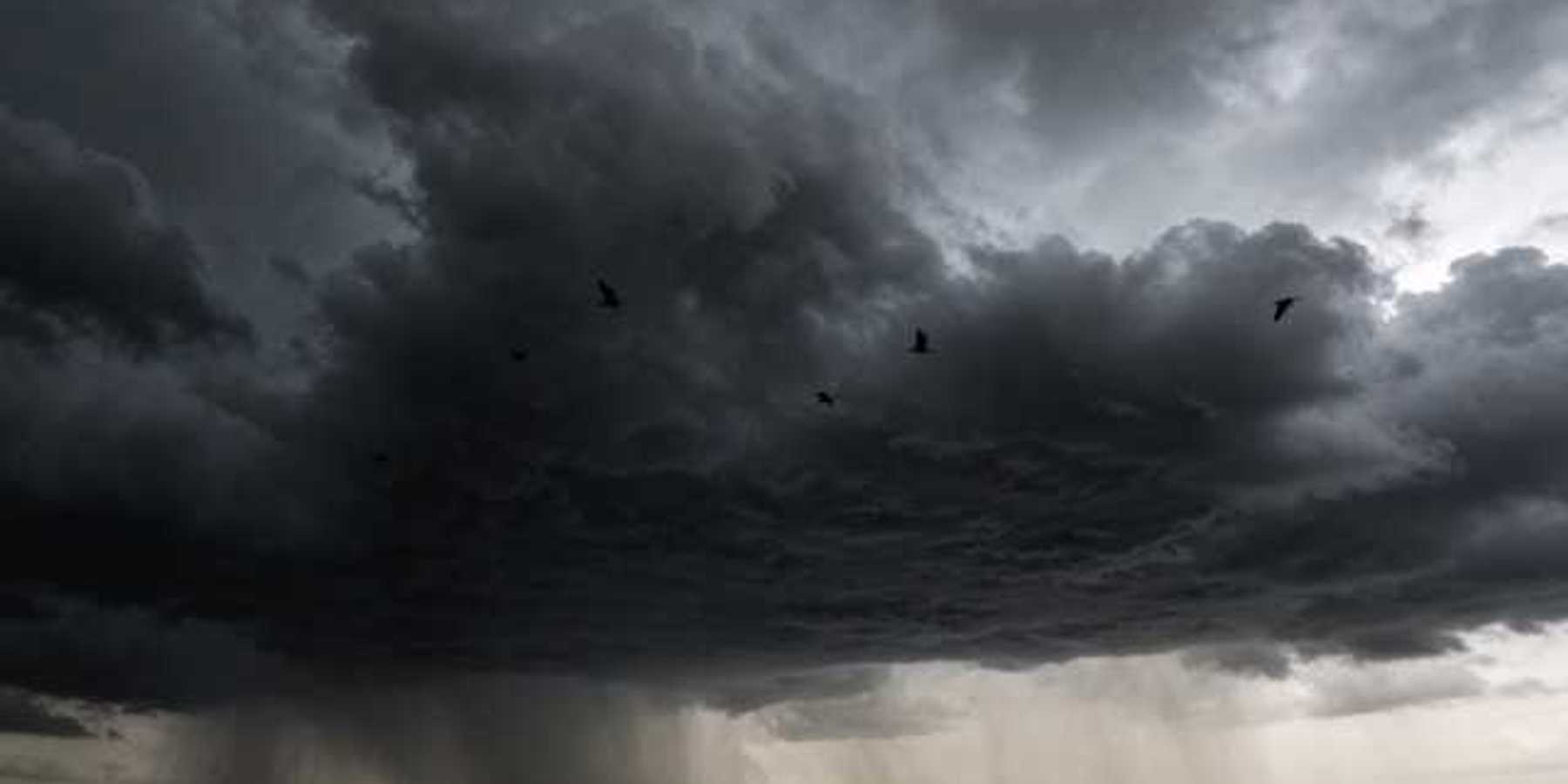Federal aid deepens wealth gap after disasters, study finds
Federal assistance programs intended to help hurricane survivors often reinforce economic inequalities, with white residents gaining wealth while people of color fall further behind.
Amy Green reports for Inside Climate News.
In short:
- Research shows white residents gain wealth after disasters, while Black, Latino, and Asian residents often lose wealth due to uneven access to resources like FEMA aid.
- Historical practices like redlining and structural inequities in property ownership contribute to ongoing disparities, leaving vulnerable communities less resilient to storms.
- Although recent reforms aim to improve equity, experts argue more substantial changes are needed to address systemic gaps in disaster recovery assistance.
Key quote:
“The real disaster is in the years following the event. We begin to split between those who can recover on their own and those who cannot, and those who cannot will fall farther behind.”
— Jim Elliott, co-director of the Center for Coastal Futures and Adaptive Resilience at Rice University
Why this matters:
As climate change increases the severity of natural disasters, marginalized communities face worsening recovery challenges. Without significant policy shifts, federal recovery programs may continue to widen socioeconomic divides, leaving these communities increasingly vulnerable to future storms.
Related coverage:












